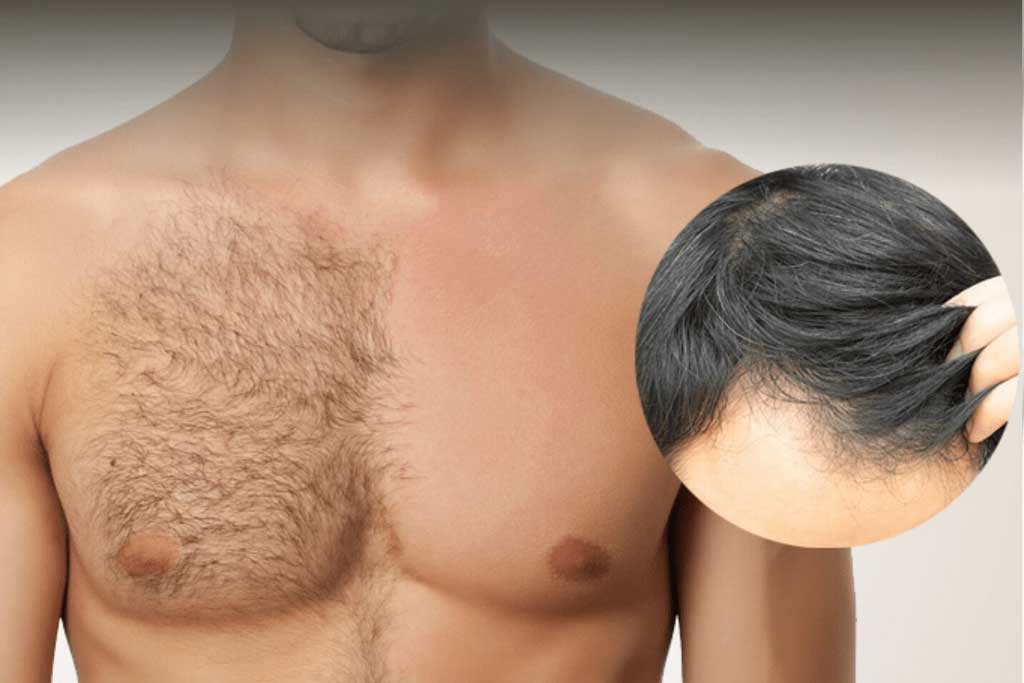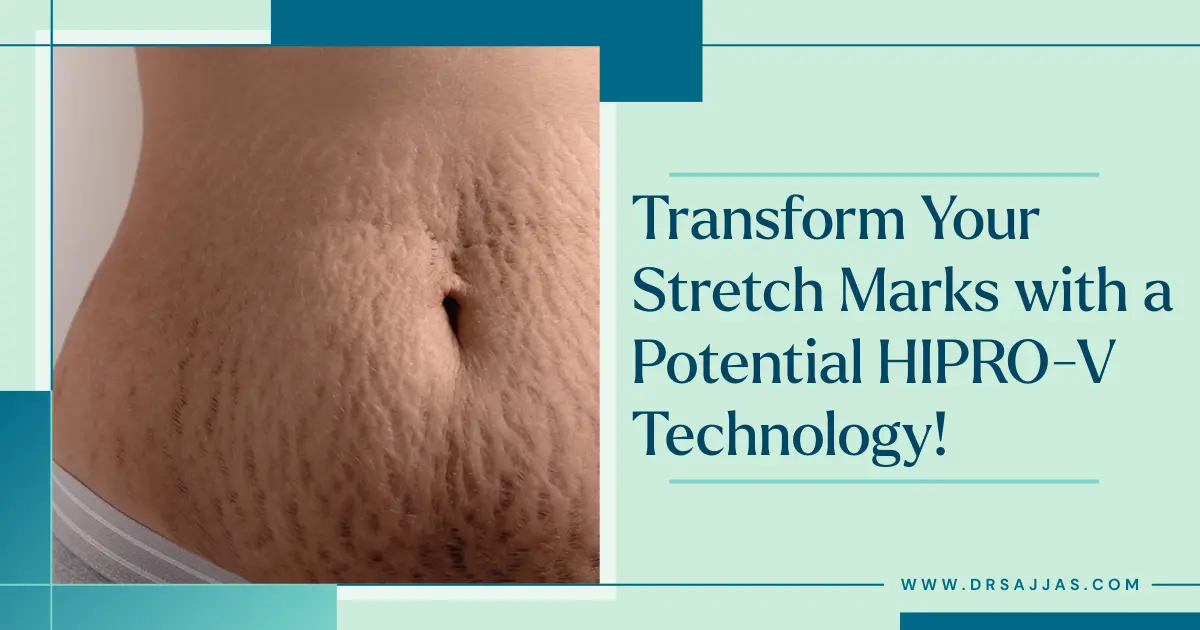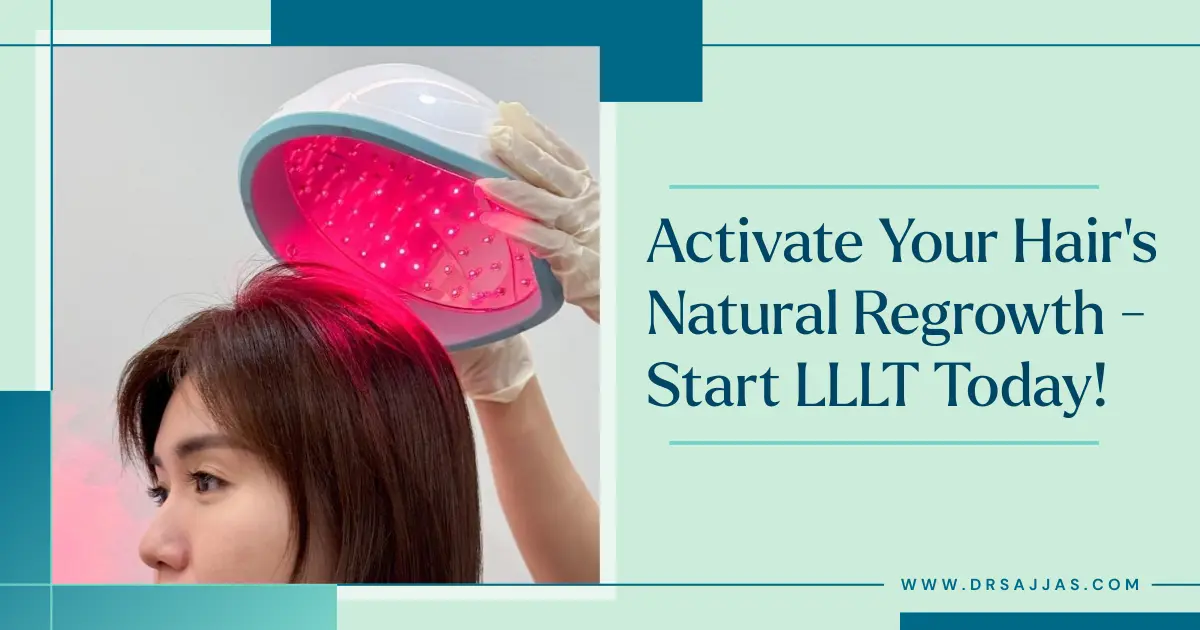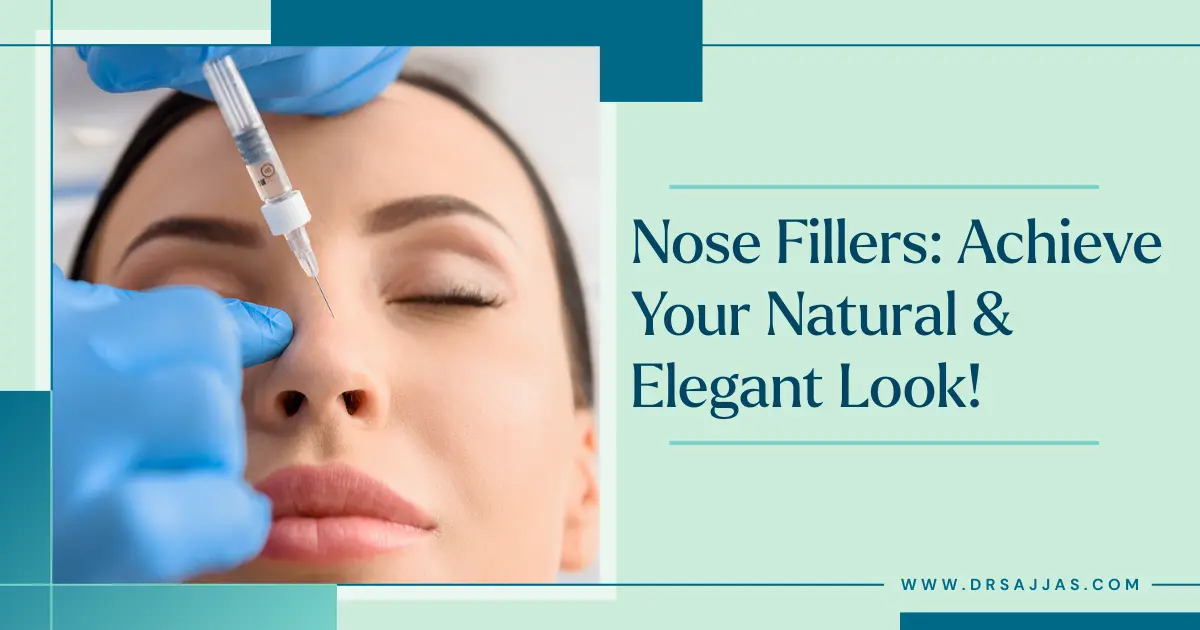
Dr. Prakash Sajja specializes in cosmetic dermatology, offering advanced treatments to enhance your skin’s appearance. Their state-of-the-art clinic is equipped with the latest technology for skin rejuvenation.
Why Post-Surgery Care Matters?
After a body hair transplantation procedure, the newly grafted hairs are delicate. Proper aftercare protects these grafts and reduces the risk of complications like infections or scarring. Following your surgeon’s instructions meticulously can make a meaningful difference in the success of the surgery.
The First 48 Hours: A Critical Recovery Phase
The first two days after your surgery are crucial for the transplanted grafts’ survival and overall healing. Here’s how to manage this period effectively:
Keep Your Hands Off the Grafts
Resist the urge to touch, scratch, or rub the transplanted area. Doing so can dislodge the grafts, potentially leading to poor results or infections.
Maintain Cleanliness
Clean the transplanted area using the saline solution or cleaning products your doctor recommends. Avoid using any soap, shampoo, or skincare products unless explicitly approved.
Rest is Essential
Take it easy during this time. Avoid bending over, lifting heavy items, or jumping into activities that might leave you drenched in sweat. Your well-being should always come first!
Dealing with Swelling and Discomfort
Swelling and mild discomfort are common after body hair transplantation. Here are some effective ways to alleviate these symptoms:
Apply Cold Compresses
Place a cold compress on the donor area to reduce swelling. The compress should not come into direct contact with the grafted area to avoid disturbing the grafts.
Use Prescribed Medications
Take the pain relief and anti-inflammatory medications prescribed by your surgeon. Avoid over-the-counter drugs unless approved, as they might interfere with your recovery.
Avoid Smoking and Alcohol
Smoking and drinking can impair blood flow and slow the healing process. Avoid these substances for at least a week post-surgery.
Sleeping Positions: Rest Safely
The way you sleep during recovery can impact your healing process.
Elevate Your Head
Sleep with your head elevated at a 45-degree angle using an extra pillow or recliner. This helps reduce swelling and protects the grafted area.
Protect the Grafted Area
Avoid sleeping on your stomach or sides to prevent accidental pressure on the transplanted grafts. Use soft, clean pillowcases to minimize irritation.
Nourish Your Body for Faster Recovery
Hydration is Key
Drinking adequate water helps flush out toxins and keeps your skin hydrated, essential for healing.
Eat a Balanced Diet
Include foods rich in proteins, vitamins, and antioxidants, such as lean meats, fish, fruits, and vegetables. These nutrients promote tissue repair and encourage healthy hair growth.
Monitor Your Recovery Progress
Regular follow-ups with your surgeon are essential for tracking your healing and ensuring everything is right.
Attend Scheduled Appointments
Your surgeon will examine the grafted and donor areas to ensure proper healing and address any issues.
Watch for Warning Signs
Contact your doctor immediately if you notice persistent redness, swelling, unusual pain, or discharge. Early intervention can prevent complications.
Final Thoughts
Recovering from body hair transplantation requires dedication and care, but the results are well worth the effort. By following these post-surgery care tips and adhering to your surgeon’s guidance, you can achieve optimal outcomes and enjoy the spirit boost that comes with it.
Would you like more insights or tips about transplantation procedures? Let us know!



